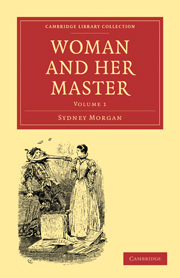Summary
Prone to murmur, slow to reform, turbulent, and prolific, the Israelites, increasing in numbers and in wealth, became, in the eyes of the Egyptians, a nucleus of sedition and an example of discontent. “The children of Israel were fruitful, and increased abundantly, and multiplied, and waxed exceedingly strong; and the king said they are more and mightier than we! so let us deal wisely, lest they multiply, and that it come to pass when there falleth out a war, they join our enemies and fight against us. Therefore they did set over them taskmasters, and afflicted them with their burthens; but the more they afflicted them the more they grew.”
The consequences of this false policy in the Egyptian government led eventually to the exodus of the Israelites from Egypt, to their forty years' wandering in the desart, and to their final conquest and settlement in the land of Canaan!
That the descendants of Jacob benefited largely by their sojourn in Egypt, that they borrowed from its superior civilization many arts of luxury and refinement, many implements of agriculture, and of civil life, together with far juster ideas of commerce than they entertained in the days of the Patriarchs, may be inferred from the details of scripture, and from the evidences of corresponding discoveries, which science and enterprize are daily making in the earth-embosomed history of remote and unwritten antiquity.
- Type
- Chapter
- Information
- Woman and her Master , pp. 84 - 100Publisher: Cambridge University PressPrint publication year: 2010First published in: 1840
- 1
- Cited by

